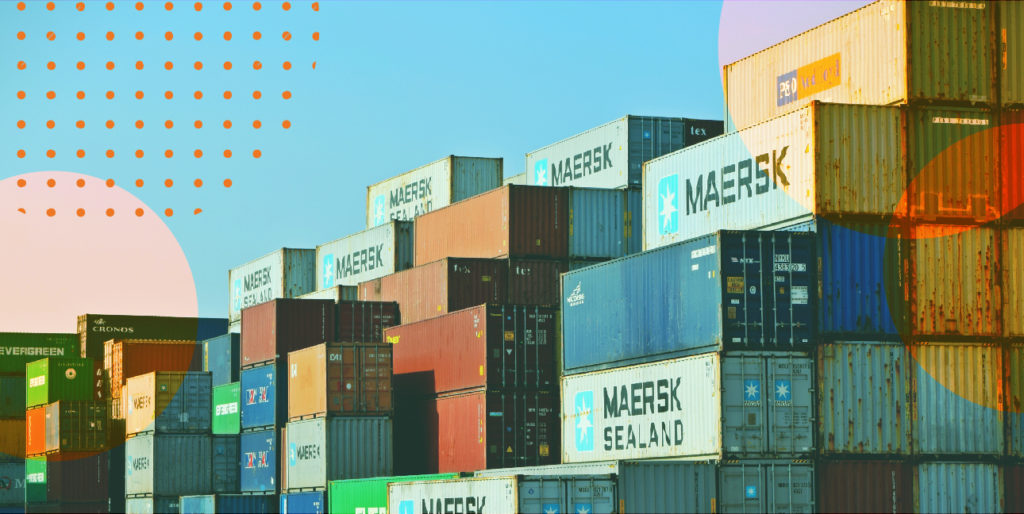Next week, Joe Biden will be sworn in as the 46th president of the United States. When this happens, a large number of policies are expected to shift, and that includes issues that affect the logistics industry.
While there’s no way to completely predict what changes the Biden administration might enact, we’re making some educated guesses to help you prepare.
China Tariffs
The Trump administration has been well known for a strict policy on taxing imports, especially when it comes to China. Although Biden does not share the same reputation, China 301 duties to remain in place for the foreseeable future. In fact, in a recent CNBC article, Biden specified that he will keep these duties in place in order to use them as a bargaining chip with China.
That being said, Biden’s current nominee for U.S. Trade Representative (USTR) is Katherine Tai. She is the former chief counsel for the House Ways & Means Committee, a Yale and Harvard graduate, and a Chinese American who is fluent in Mandarin. She even taught English for two years at a university in Guangzhou. Tai also headed trade enforcement for the USTR’s office from 2011-2014.
Experts are speculating that Tai may help smooth over negotiations and demonstrate Biden’s intention to hopefully lift the harsh duties his predecessor put in place.
European Union Tariffs
The Trump administration imposed several tariffs on countries in the European Union, including France. However, the USTR recently announced that it intends to suspend the imposition of tariffs following France’s Digital Services Tax.
However, although the USTR suspended tariffs in this case, such a sentiment did not stop the USTR from modifying tariffs on EU products in the large civil aircraft dispute between Boeing and Airbus. The official release makes it clear this is not intended to escalate the matter, but time will tell.
Other Logistics Issues
Biden is coming into office during a pandemic, which has prompted a huge shift in how the U.S. economy functions. This means domestic issues may also plague the next four years.
Updates to labor policies may affect infrastructure and worker classification. These are in initial phases, but time will show how these progress. Some of these may be enacted at an agency level while others may require legislative changes and Congress’ input.
The next four years are bound to bring a large slew of changes, when comparing Biden and Trump’s political differences. Our team will be anticipating these adjustments and will be in touch with anything that affects you. If you have any questions or need help navigating this transition, reach out to us!

